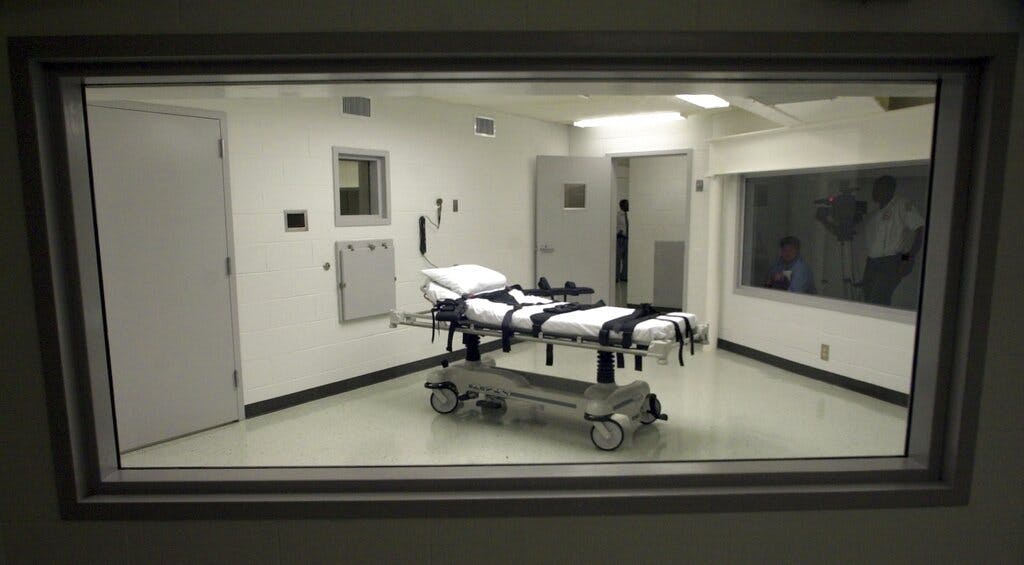
An American Hostage the Taliban Won’t Admit Exists
By HOLLIE McKAY
|While proponents of nitrogen gas executions say it’s just like falling asleep, capital punishment opponents contend that its use warrants an appeal to the Supreme Court.

Already have a subscription? Sign in to continue reading
$0.01/day for 60 days
Cancel anytime
By continuing you agree to our Privacy Policy and Terms of Service.